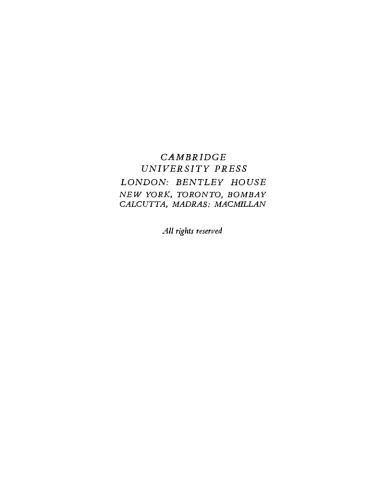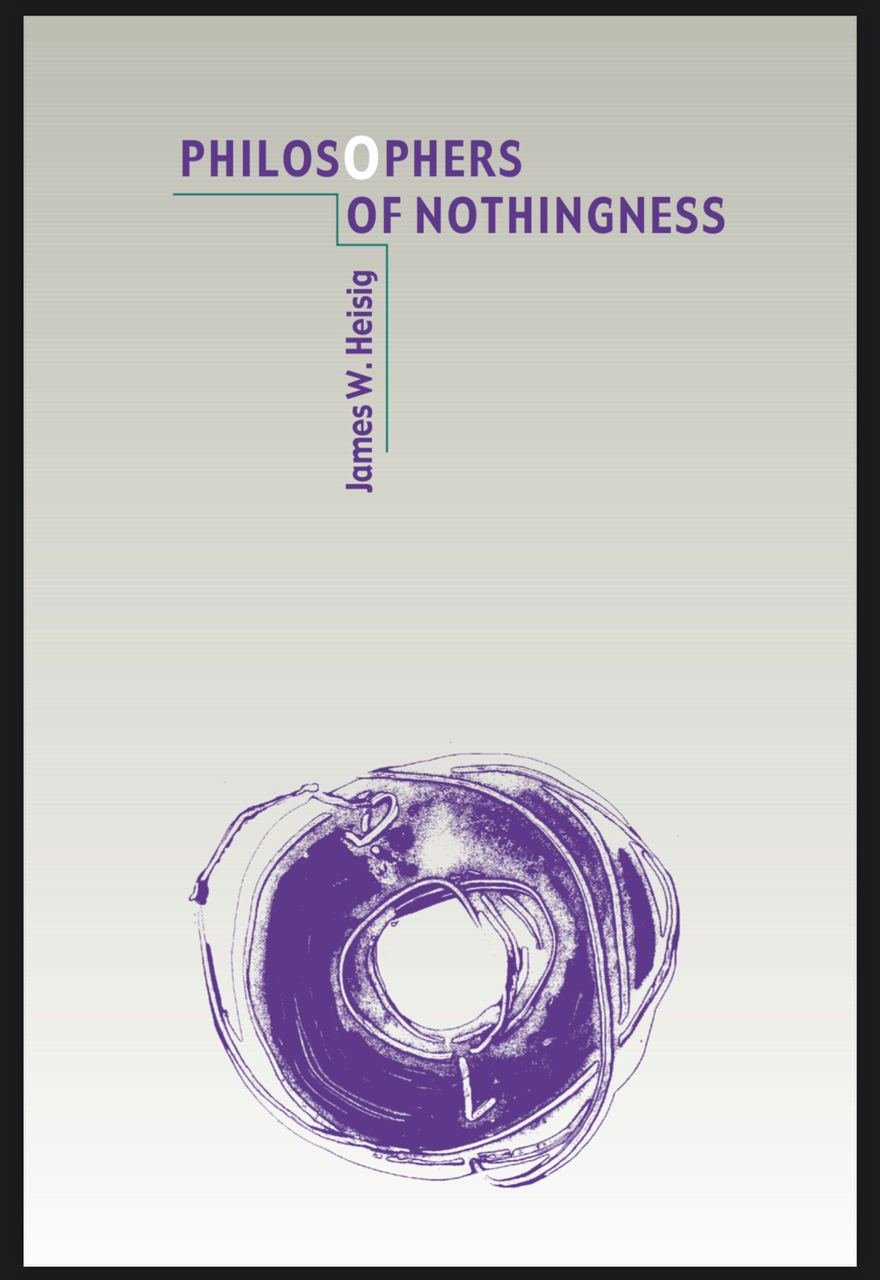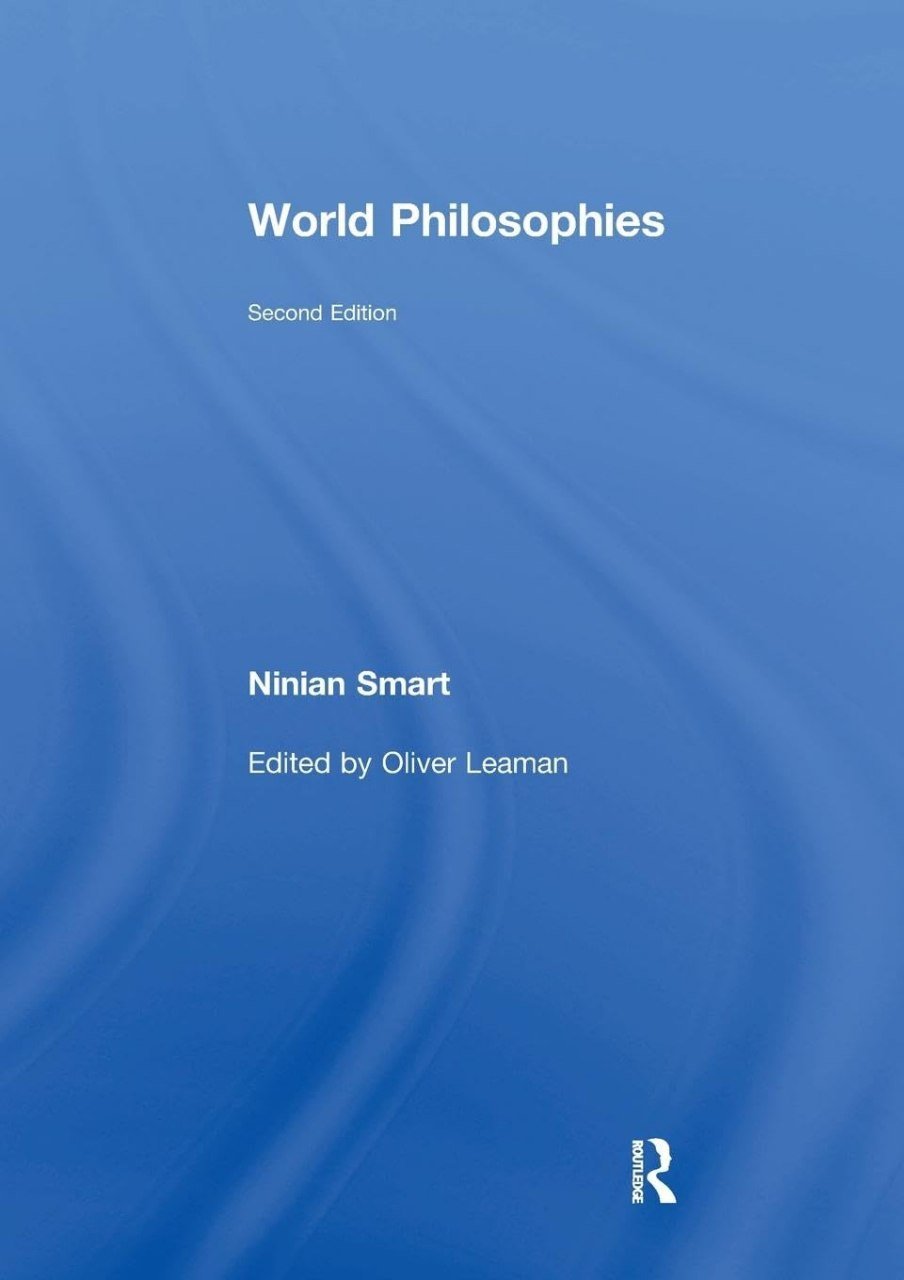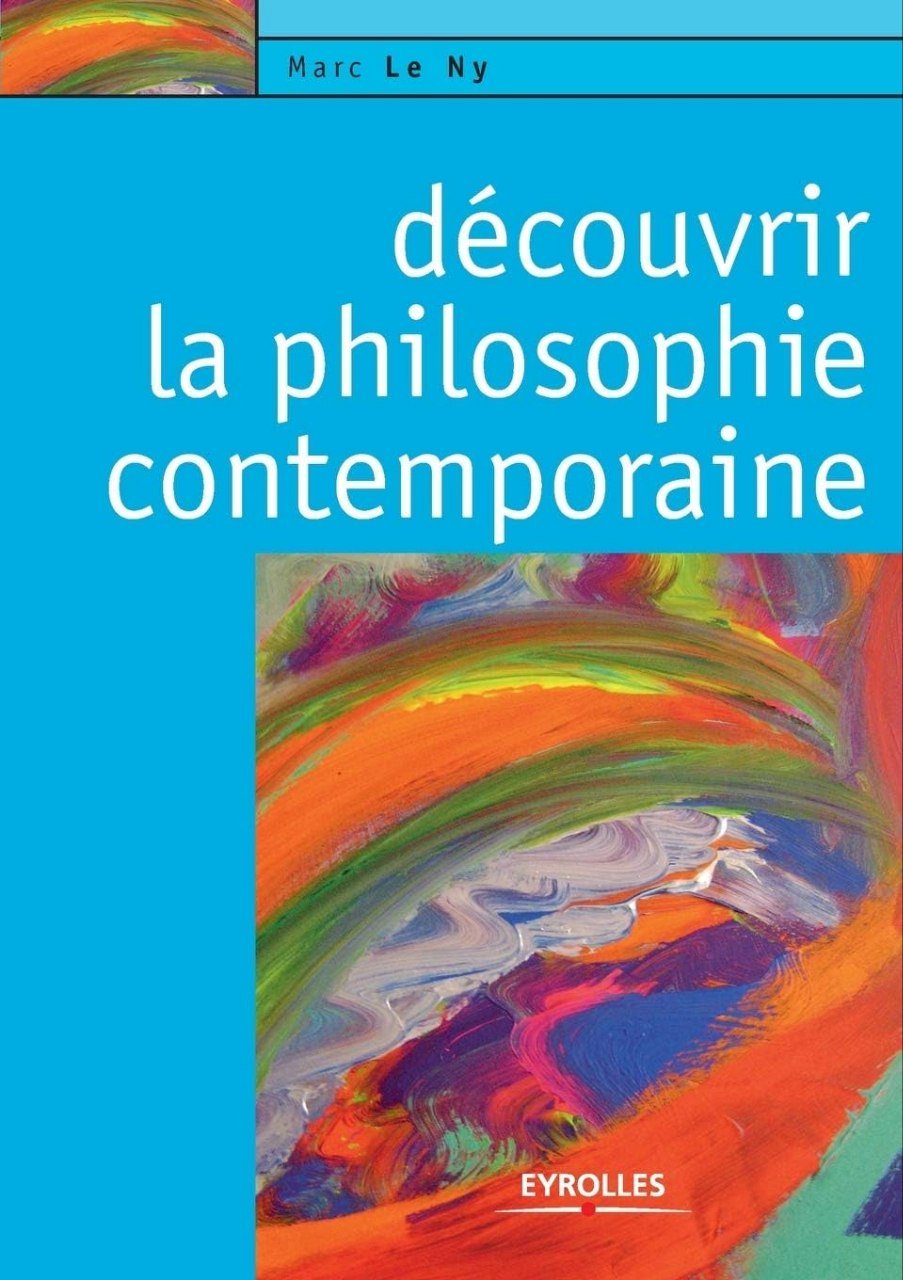

The Thought of Bernard Stiegler
Reviews
No review yet. Be the first to review this book!
Description
The Thought of Bernard Stiegler: Capitalism, Technology and the Politics of Spirit by Ross Abbinnett offers an in-depth and critical introduction to the complex and influential work of French philosopher Bernard Stiegler. Abbinnett examines Stiegler’s ambitious philosophical project, which addresses the entanglement of technology, capitalism, and human existence in the contemporary world. This book navigates Stiegler's central concepts, providing a clear and comprehensive analysis of his critique of consumer capitalism, his philosophy of technology (or technics), and his call for a renewal of collective and individual agency. At the heart of Stiegler’s thought is the argument that technology is not merely a tool or instrument but an essential part of what makes us human. Abbinnett explores Stiegler’s interpretation of technics as pharmakon—something that can both cure and poison—arguing that modern capitalism has exploited technological development in ways that erode human autonomy, memory, and desire. Stiegler contends that the industrialization of memory through mass media and digital technologies has led to a crisis of psychopower, where individuals are increasingly subjected to manipulation, resulting in widespread cultural impoverishment and the loss of meaningful forms of life. Abbinnett shows how Stiegler’s response to this crisis is a politics of spirit, which calls for the reappropriation of technology in the service of care, education, and the cultivation of knowledge and responsibility. By engaging with thinkers such as Heidegger, Marx, Simondon, and Derrida, Abbinnett situates Stiegler within broader debates in continental philosophy, political theory, and media studies. The Thought of Bernard Stiegler is both an accessible entry point for newcomers and a nuanced study for those already familiar with Stiegler’s work. Abbinnett provides a critical yet sympathetic reading, emphasizing the urgent relevance of Stiegler’s thought for understanding the ethical, political, and existential challenges posed by contemporary technological capitalism.



























.jpeg)




.jpeg)





.jpeg)


.jpg)





.jpg)








.jpeg)



.jpg)








.jpg)











.jpg)


.jpg)

.jpg)
.jpg)
.png)


.jpeg)















































